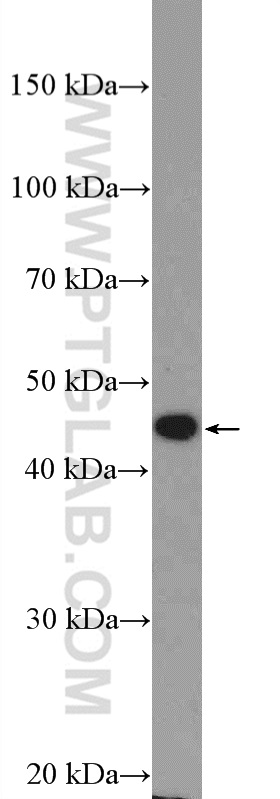

: 114–115 At the time, Technologie ( German and French) referred either to the academic discipline studying the "methods of arts and crafts", or to the political discipline "intended to legislate on the functions of the arts and crafts." : 117 Since the distinction between Technik and Technologie is absent in English, both were translated as technology. Starting in the 19th century, continental Europeans started using the terms Technik ( German) or technique ( French) to refer to a 'way of doing', which included all technical arts, such as dancing, navigation, or printing, whether or not they required tools or instruments.
Med sci monit how to#
It is predated in use by the Ancient Greek τέχνη, used to mean 'knowledge of how to make things', which encompassed activities like architecture. Technology is a term dating back to the early 17th century that meant "systematic treatment' (from Greek Τεχνολογία, from τέχνη 'art, craft' and -λογία, 'study, knowledge'). Many negative impacts of technology can be mitigated through technological innovations like renewable energy in transportation and industry, genetically modified crops to address soil depletion, and space exploration to mitigate global catastrophic risks. Historical and contemporary movements like neo-Luddism and anarcho-primitivism criticize technology's pervasiveness, while adherents to transhumanism and techno-progressivism actively support technological change, viewing it as emancipatory. As a result, philosophical and political debates have arisen over the role and use of technology, the ethics of technology, and the mitigation of technology's potential downsides. While technology contributes to economic development and human prosperity, it can also have negative impacts like pollution or resource depletion, or cause social harms like technological unemployment caused by automation. Recent technological developments, including the printing press, the telephone, and the Internet have lowered communication barriers and ushered in the knowledge economy. The invention of the wheel in the Bronze Age enabled wider travel and the creation of more complex machines. The earliest known technology is the stone tool, used in the prehistoric era, followed by fire use, which contributed to the growth of the human brain and the development of language in the Ice Age.

Many technological advancements have led to societal changes. Technologies include physical objects like utensils or machines and intangible tools such as software. : 117 The use of technology is widely prevalent in medicine, science, industry, communication, transportation, and daily life. The word technology may also mean the product of such an endeavor. Technology is the application of knowledge to reach practical goals.

A steam turbine with the case opened, an example of energy technology


 0 kommentar(er)
0 kommentar(er)
